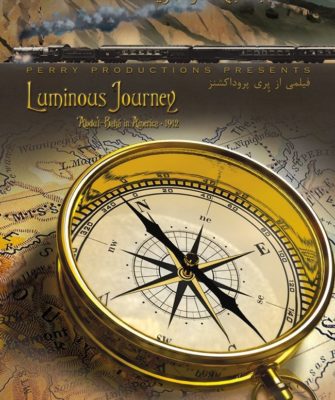
Need for Religion

Issues of Society
Need for Religion
Source: An Introduction to Abdu’l-Baha’s The Secret of Divine Civilization by Nader Saiedi
In His writings, Baha’u’llah emphasized that a system of reward and punishment is a necessary but not sufficient condition for the maintenance of order in society. According to Baha’u’llah, order requires not only reward and punishment but also internalized moral values, religious belief, and love of humanity… for instance Baha’u’llah wrote:
In formulating the principles and laws a part hath been devoted to penalties which form an effective instrument for the security and protection of men. However, dread of the penalties maketh people desist only outwardly from committing vile and contemptible deeds, while that which guardeth and restraineth man both outwardly and inwardly hath been and still is the fear of God. It is man’s true protector and his spiritual guardian. (Baha’u’llah, 1978, p. 93)
… In traditional religious discussion of order, it was argued that human social order should remain unchangeable because of the unchangeable will of God. In other words, the religious leaders affirmed the need for religion in order to protect past traditions and oppose historical dynamics. Baha’u’llah’s concept of a new world order is exactly the opposite. Baha’u’llah argued that religion should be a cause of spiritual and social advancement and the progress of humanity. In Baha’u’llah’s view, every age has its own problems and needs, and, therefore, religious teachings should also be renewed in each new stage of human cultural advancement. The will of God is in accordance with this dynamic advancement of the human journey toward an ever increasing unity and progress.
… Modernity and development, therefore, are defined by ‘Abdu’l-Baha as a process of rationalization. This progressive rationalization has two distinct but related dimensions… Authentic modernity, ‘Abdu’l-Baha affirms, is not possible without the combination of material/formal, and spiritual/moral, dimensions of civilization. ‘Abdu’l-Baha writes:
A superficial culture, unsupported by a cultivated morality, is as “a confused medley of dreams,” and external luster without inner perfection is “like a vapor in the desert which the thirsty dreameth to be water.” For results which would win the good pleasure of God and secure the peace and well-being of man, could never be fully achieved in a merely external civilization. (SODC, pp. 60 – 61)




